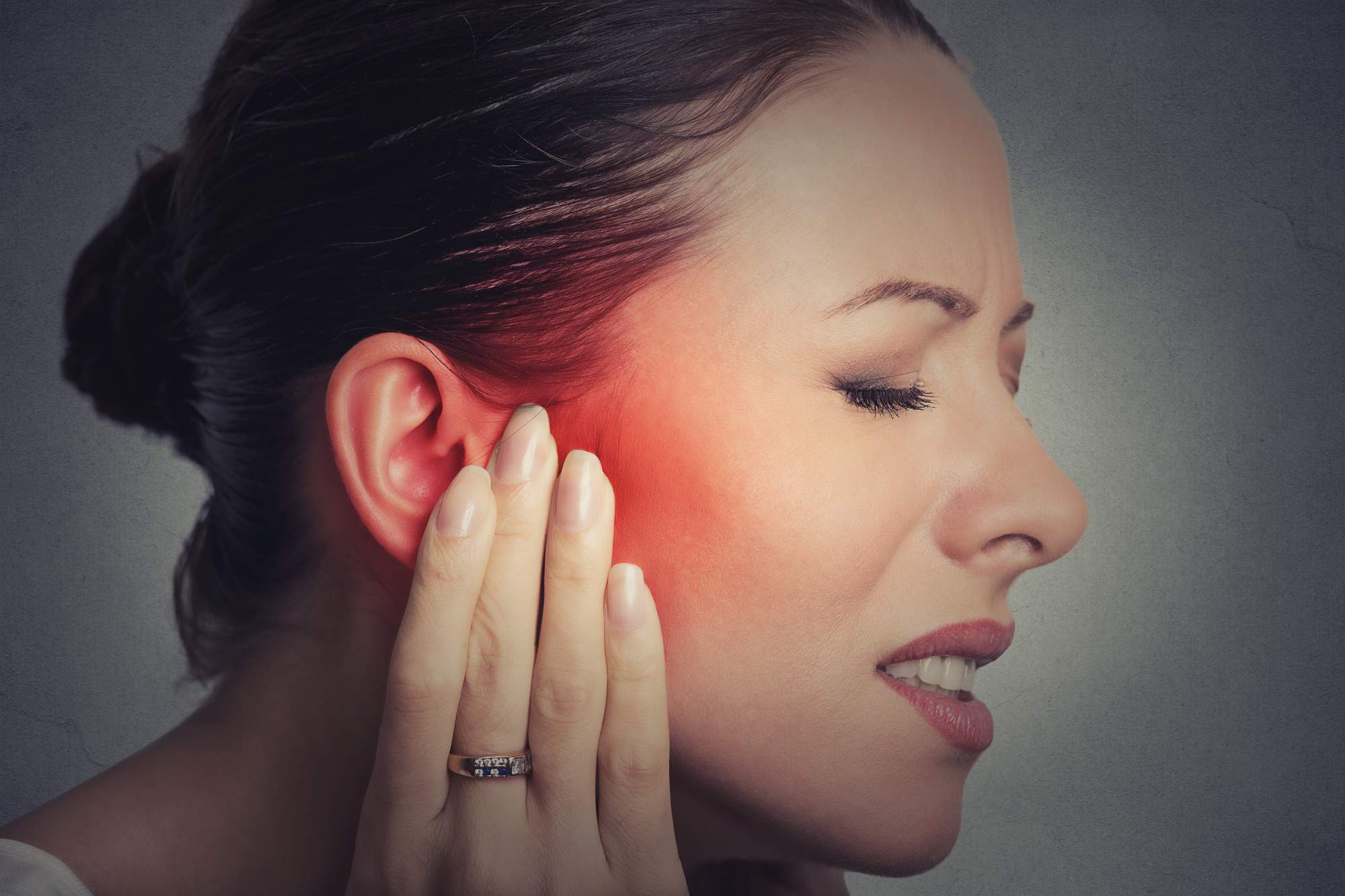
Six Common Causes of Jaw Pain (And What You Can Do About It)
Are your temples throbbing? Have you noticed a tooth popping in and out of place, or is your jaw popping when you eat or drink?
Jaw pain is one of the most dreaded occurrences because it’s hard to figure out the cause and whether it will become chronic. The multitude of causes and effects makes jaw pain hard to eliminate.
But don’t lose hope! With this guide, you’ll learn all about jaw pain and the six typical causes of it. Keep reading to learn more about treatment, prevention, and early detection.
1. Reactive Arthritis
This type of arthritis occurs when another area of the body becomes infected due to an illness, and the infection then spreads to the joint tissues within the jaw. The jaw pain will be accompanied by other symptoms such as stiffness, fever, and swelling.
It is important to consult with a doctor right away. They will suggest a combination of medications and therapies to reduce inflammation and relieve jaw pain. Physical therapy and other lifestyle changes may also be recommended.
2. Bruxism
Bruxism, known as teeth grinding, is a condition in which individuals habitually clench and grind their teeth, often while they are sleeping. Symptoms of this disorder include jaw pain, headache, facial pain, and a sore jaw.
It is recommended to practice stress relief methods such as meditation and exercise and use a mouth guard before going to sleep. In some cases, counseling or medications may also be beneficial in mitigating symptoms related to bruxism.
3. Dental Misalignment and Misplaced Teeth
Jaw pain can be caused by an uneven bite or by several factors that can cause teeth to become misaligned. The best way to combat dental misalignment or misplaced teeth is to visit your dentist. He or she can assess the issue and suggest the best course of action, which may include braces, Invisalign, an occlusal splint, or other corrective measures.
4. TMJ-Related Nerve Damage
This is caused by the misalignment of the lower jaw. Treatment involves reducing inflammation and restoring jaw muscles and joint function balance. Physical therapy and chiropractic adjustments are often used to help align the jaw and promote relaxation.
Medications like muscle relaxers and pain relievers can be used to help reduce inflammation and discomfort. In more severe cases, surgery may be needed to restore normal jaw function and eliminate pain.
5. Sinus Infection
Sinuses lay near the facial muscles and the jaw, meaning that issues with them can easily cause pain. The treatment for sinus-induced jaw ache is to target the infection itself, such as with antibiotics or nasal sprays. Also, applying a warm compress to the affected area can help alleviate pain.
If the pain persists, consult with a doctor for further advice is recommended.
6. Stress and Anxiety
During times of anxiety, tension can build in the jaw muscles and lead to soreness, tightness, and inflammation. The pain may be felt throughout the jaw and into the face, head, and neck. Chronic stress can also contribute to bruxism.
To help relieve pain, practice relaxation techniques and mindfulness. Contact your healthcare professional for further advice if the pain does not improve.
Determine the Cause of Your Jaw Pain and Take Action Today
Jaw pain can be caused by many things, like bruxism, Temporomandibular joint disorder, sinus infection, and arthritis. For jaw pain remedies, you may try things like stress reduction, warm compresses, mouth guards for bruxism, or anti-inflammatory medications.
When in doubt, consult your doctor for more specific treatment. Taking preventative measures to reduce jaw pain can start today!
Did you find this article helpful? If so, keep reading for more content.















